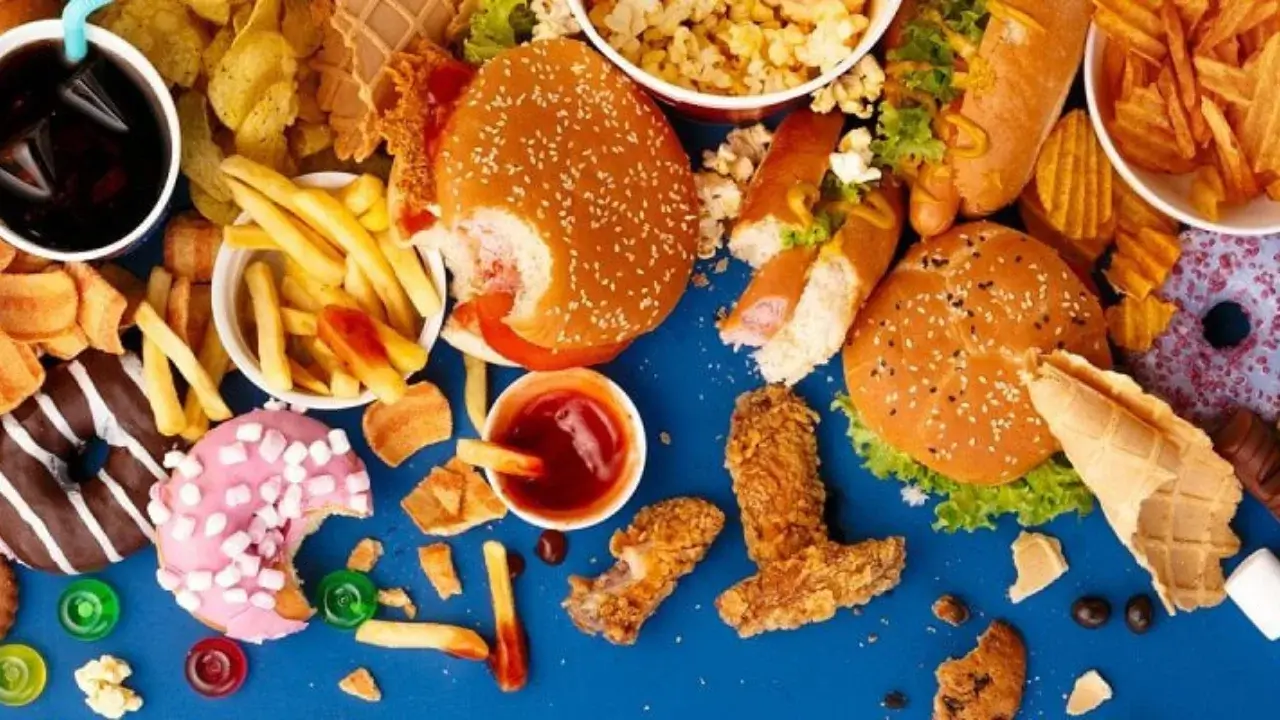Why are sausages and chips dangerous to health?

In our daily lives, sausages, processed meat, chips, soft drinks, and various semi-finished foods are often present on the table. They may seem attractive in appearance and taste, but they hide a serious risk to human health. Experts emphasize that while these products may fill the stomach, they fail to supply the body with essential nutrients. As a result, they negatively affect the cardiovascular system, liver, stomach, endocrine, and nervous systems.
What are processed foods?
These are products that have lost their natural state, gone through several stages of technological processing, and are often enriched with additives. For example, sausages or canned goods with preservatives for longer storage, chips or soda with coloring and flavor enhancers. White bread, refined sugar, and oils also belong to this category.
Their advantage is long shelf life, easy transportation, and convenience. But from a health perspective, they have many harmful aspects.
Harmful effects
Firstly, excess trans fats and salt. These substances increase “bad” cholesterol and decrease “good” cholesterol. As a result, the risk of cardiovascular diseases rises sharply. Excess salt raises blood pressure, leading to hypertension and stroke.
Secondly, excess sugar. Soft drinks and sweets often contain several times more sugar than recommended. Sugar is absorbed quickly, stored as fat, and increases the risk of obesity and diabetes. It also poses a threat to dental health.
Thirdly, chemical additives. Preservatives, dyes, and artificial flavorings make food more attractive but accumulate in the body and can trigger diseases. Scientific studies have shown that some preservatives may even cause cancer.
The biggest issue is the loss of nutrients. During processing, vitamins and minerals are significantly reduced. For example, in the production of white bread, the most beneficial parts of the grain are removed, leading to a deficiency of B-vitamins and fiber.
According to the World Health Organization, people who regularly consume processed foods are twice as likely to be obese, face a 30% higher risk of heart disease, and may live 5–7 years less.
Healthy alternatives
– Replace fast food and ready-made meals with fresh fruits and vegetables.
– Replace soft drinks with plain water or natural juices.
– Replace sausages and canned goods with freshly boiled or steamed meat and fish.
– Replace sweets with dried fruits, nuts, and honey.
Experts stress that it is not necessary to completely eliminate processed foods but to reduce their consumption to a minimum. A balanced diet not only prevents diseases but also improves quality of life, mood, and energy levels.
Read “Zamin” on Telegram!












